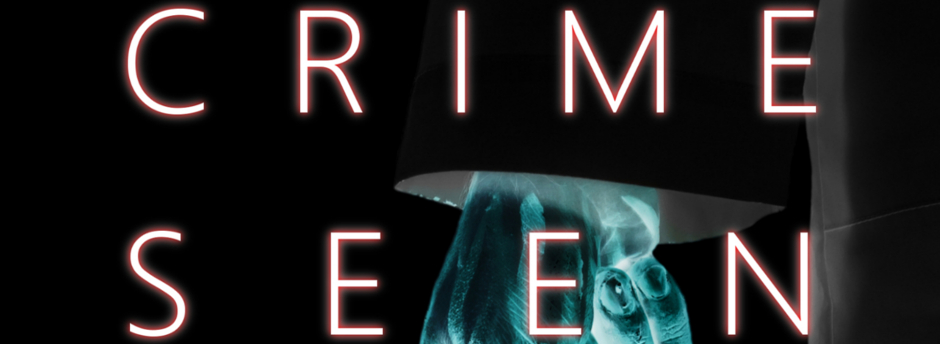We’ve all heard that “knowledge is power” and I’m all in when anyone provides research tips for writers. Before the use of technology and the Internet became my primary assistant when conducting research, I spent a LOT of time:
- In libraries
- Purchasing and thumbing through books and magazines
- Conducting face-to-face interviews
Now, I do the majority of my research online and I’m happy to share 3 research tips for writers:
Fiction writers: naming characters
When I create my characters’ names, I prefer them to have meaning tied to the individual character. For example, I know the name Blanche (or Blanca) is entirely inappropriate for a dark-haired woman but perfect for a blonde (or white-haired senior). But that’s only if I’m thinking about her appearance. If I’m thinking about the condition of her soul (as in pure), it would also work … and if I chose it for that reason, I’d probably spell out that her name represented her internal qualities rather than her looks.
Being an auditory person, I like first and last names to “go” together. To sound right. Alliterative names appeal to me, but sometimes they can be too cutesy or over-the-top (e.g., Debbie Downer, Joan Bone). I like my characters’ first and last names to share at least one consonant (e.g., LiNda McHeNry–which is my real name, by the way) or one obvious vowel sound (e.g., AmY GradY). I also want the number of syllables to sound right. Bartholomew Mountbatten is alliterative but it’s a mouthful. IMO, Bartholomew Bing sounds better.
Finally, getting ethnicity right is very important. I’ll never forget reading an article written by a bestselling author about this topic (although I can’t remember the writer’s name!). She chose a last name for her Chinese protagonist based on a number of considerations. Problem was: the name she chose was Japanese. None of her beta readers, nor her editor and agent, ever noted this inconsistency. Worse: MANY of her readers did, as evidenced by her [non-]fan mail!
Here are two websites I find helpful when namng characters:
- Looking for an age-appropriate name for Grandma or a teenager? The Social Security Administration has tracked the most popular baby names by year of birth. You can find it here (be sure to scroll down far enough): https://www.ssa.gov/OACT/babynames/
- Looking for a site that lists BOTH first and last names alphabetically AND by ethnicity? This is your new go-to site: https://www.behindthename.com/
online research tips for writers
In no special order, here are important considerations when conducting online research:
- NEVER rely on a single resource. Why? Because none of us is perfect and none of us knows everything. When relying on sources I find on the Internet, I don’t cite information as a fact unless I’ve verified it by at least 3 sources. My go-to number of sources is usually 5.
- ALWAYS choose unbiased sources. For example, if I were looking to buy antivirus software for my computer and smartphone, I wouldn’t go to the websites of McAfee or Norton. Why? While each company certainly knows more about its own product than anyone else does, each company is also prejudiced in favor of its own product. When researching anything to do with technology, I rely on sites such as PCMag.com, CNET.com, and TechRadar.com. Why? They’re in the business of writing about and reviewing technology, not manufacturing or selling it.
- NEVER rely on Wikipedia for facts. On its website, Wikipedia clearly states that just about anyone can write and edit content on the site. I’ve personally researched insurance topics on this website and, in each article I ever read, noted incorrect information. Depending upon the subject matter you’re researching, seek out sources that are unbiased and qualified. If you’re not sure how to do that, simply enter a search phrase such as: best online resources for XXX. In the case of finding an alternative to Wikipedia, you might want to type: best alternative to Wikipedia.
for all writers: Validating sources
Here’s a list of cautionary advice–make sure that any source you use–online or in person–is reputable and credible.
- Verify the source’s background and history in connection with the subject at-hand. Most websites contain this information. If a site doesn’t, be wary.
- Search for reviews and online pieces ABOUT your source.
- Determine if the source has any bias or personal interest in the subject at-hand. If so, I recommend either disregarding the source or using at least half a dozen sources you know are impartial. Why? It’ll help you see how this one lines up in the scheme of things.
- If the source provides evidence, facts, or supporting opinions, check them out to be sure they truly exist and are verifiable.
- Avoid statements presented as facts without any supporting evidence or sources. Do you believe everything you read in a resume, online dating profile, or social media feed? I hope not.
- Make sure the information you’re using is current. I can’t tell you how many articles I’ve read about the subject of insurance that appear to be current … and were written 10 or 20 years ago. Sure, the content doesn’t use dates, but references to what was going on in the world (like the September 2011 attacks) clearly date the piece and spotlight that the economy referred to in the article has changed.
- Here’s a Forbes article that offers additional insight: https://www.forbes.com/sites/averyblank/2021/01/19/5-ways-to-identify-reliable-sources-and-maintain-your-credibility/
Bonus: a Few writerly resources
In addition to the resources I’ve provided above, here are a few more that you writers might find helpful:
- Sunrise and Sunset Calculator: https://www.timeanddate.com/sun/
- Determine what the weather was in the past: https://www.timeanddate.com/weather/usa
- Time Zone Converter: https://www.timeanddate.com/worldclock/converter.html
- U.S. Copyright Office: https://www.copyright.gov/
- List of Major Writers’ Organizations: https://www.writerswrite.com/resources/org/
Keep in mind, I am not related to any of these people/businesses/sites, I’m not paid by them, don’t make payments to them, and I’m simply offering this info out of the kindess of my heart.
I do subscribe to Writer’s Digest and am a member of The Author’s Guild, Mystery Writers of America, and Romance Writers of America because I benefit from membership in each of them. You may … or may not. Check out the list of major writer’s organizations above if you think one of them might benefit you.
Feel free to share your favorite resources. Don’t hesitate to reach out if you have any special questions about how I conduct research.


